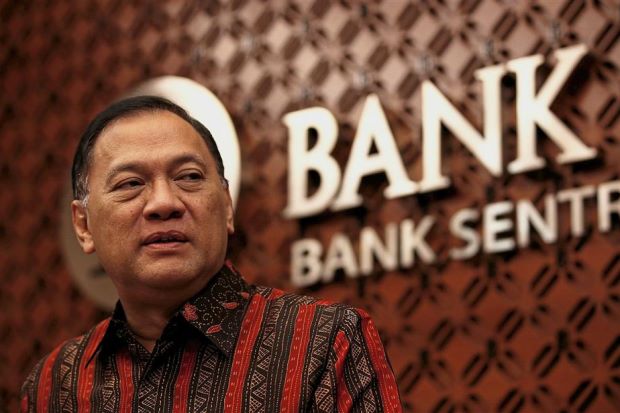Indonesia adopts cautious stance on US new trade policy
JAKARTA: Indonesia’s central bank gave its strongest signal yet that it may be done with cutting interest rates as it adopts a cautious stance with the US Federal Reserve set to tighten further and president Donald Trump pursuing a new trade policy.
Bank Indonesia cut its benchmark rates six times in 2016, by a total of 150 basis points, in a bid to boost lending and revive economic growth. The bank left rates unchanged last month while maintaining at the time that there was room for further easing.
The aggressive easing seen last year – which made Indonesia the biggest rate cutter in Asia – could however be at its end with Bank Indonesia governor Agus Martowardojo saying last Friday that policy makers were taking a more cautious approach in the face of growing global economic uncertainty.
“The central bank is closely monitoring US fiscal and trade policies as they “will have a big impact on the world,” he said.
Trump’s decision to dump the Trans-Pacific Partnership has stoked concerns that the world’s biggest economy was set to adopt a more protectionist stance on trade.
“Based on those considerations, our stance in general is cautiously accommodative. If previously the stance was an easing bias, now we’re cautious about easing,” Martowardojo said after a meeting of Indonesia’s financial system stability committee.
Bank Indonesia kept its seven-day reverse repurchase rate at 4.75% when it last met in January. A Bloomberg survey in November showed most economists were expecting the bank to remain on hold through 2017 and into 2018.
“Given Bank Indonesia’s preference to keep the real rate positive, in part to support a stable currency, we believe room for further cuts remains limited,” Nomura Holdings Inc. economists Euben Paracuelles and Lavanya Venkateswaran said in a report dated Feb 1. “We reiterate our forecast that BI will keep its seven-day reverse repo rate unchanged at 4.75% this year.”
Indonesia may post “much better” economic growth this year and the country’s financial stability would “be manageable” though it faced some domestic and external risks, Finance Minister Sri Mulyani Indrawati said last Friday. South-East Asia’s largest economy, which has been growing at about 5% annually, may expand 5.3% in 2017, the World Bank estimates.
“External risks that need to be watched out for are global economic recovery that isn’t solid or stable, the dynamic of global market that is influenced by the policy direction taken by the US government and a plan to raise the Fed funds rate which will pressure capital flows and exchange rates,” Indrawati said. “We also view the process of economic balancing in China to potentially add to the pressure and risks.” – Bloomberg
Source: http://www.thestar.com.my/business/business-news/2017/02/06/indonesia-adopts-cautious-stance-on-us-new-trade-policy/#xuJ4O6MCFpXRbzim.99


 English
English




